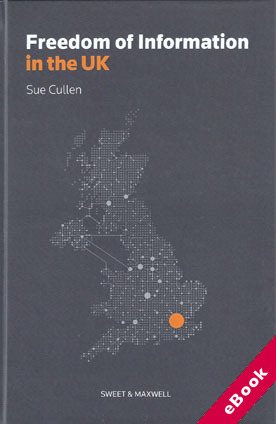The sale of some eBooks are restricted to certain countries. To alert you to such restrictions, please select the country of the billing address of your credit or debit card you wish to use for payment.
Sale allowed in
Anguilla, Antigua and Barbuda, Aruba, Austria, Bahamas, Barbados, Belgium, Bermuda, Bulgaria, Cayman Islands, Croatia, Cuba, Cyprus, Czech Republic, Denmark, Dominica, Dominican Republic, Finland, France, Germany, Gibraltar, Greece, Grenada, Guadeloupe, Guernsey, Guyana, Haiti, Hungary, Ireland, Italy, Jamaica, Jersey, Latvia, Liechtenstein, Lithuania, Luxembourg, Malta, Martinique, Montserrat, Netherlands, Poland, Portugal, Puerto Rico, Romania, Saint Kitts and Nevis, Saint Lucia, Saint Vincent and the Grenadines, Slovakia, Slovenia, Spain, Sweden, Trinidad and Tobago, Turks and Caicos Islands, United Kingdom, Virgin Islands (British), Virgin Islands (U.S.)
Sorry, due to territorial restrictions applied by the publisher we are unable to supply this eBook to United States.
The book is a comprehensive guide to the law of freedom of Information in the United Kingdom. It provides detailed coverage of all four of the UK access to information regimes: the Freedom of Information Act 2000, the Freedom of Information (Scotland) Act 2002, the Environmental Information Regulations 2004 and the Environmental Information (Scotland) Regulations 2004, and includes up-to-date copies of the legislation in the Appendices.
There have been rapid developments in the law of freedom of information since it first came into effect on 1 January 2005, and thanks in part to a torrent of decisions on the part of the two Commissioners and also by the tribunals and higher courts since then, the law has reached a relatively mature stage with remarkable speed.
These developments are examined in this book, and in particular the extensive changes introduced by the Data Protection Act 2018 as a consequence of the implementation of the GDPR are also fully covered.
